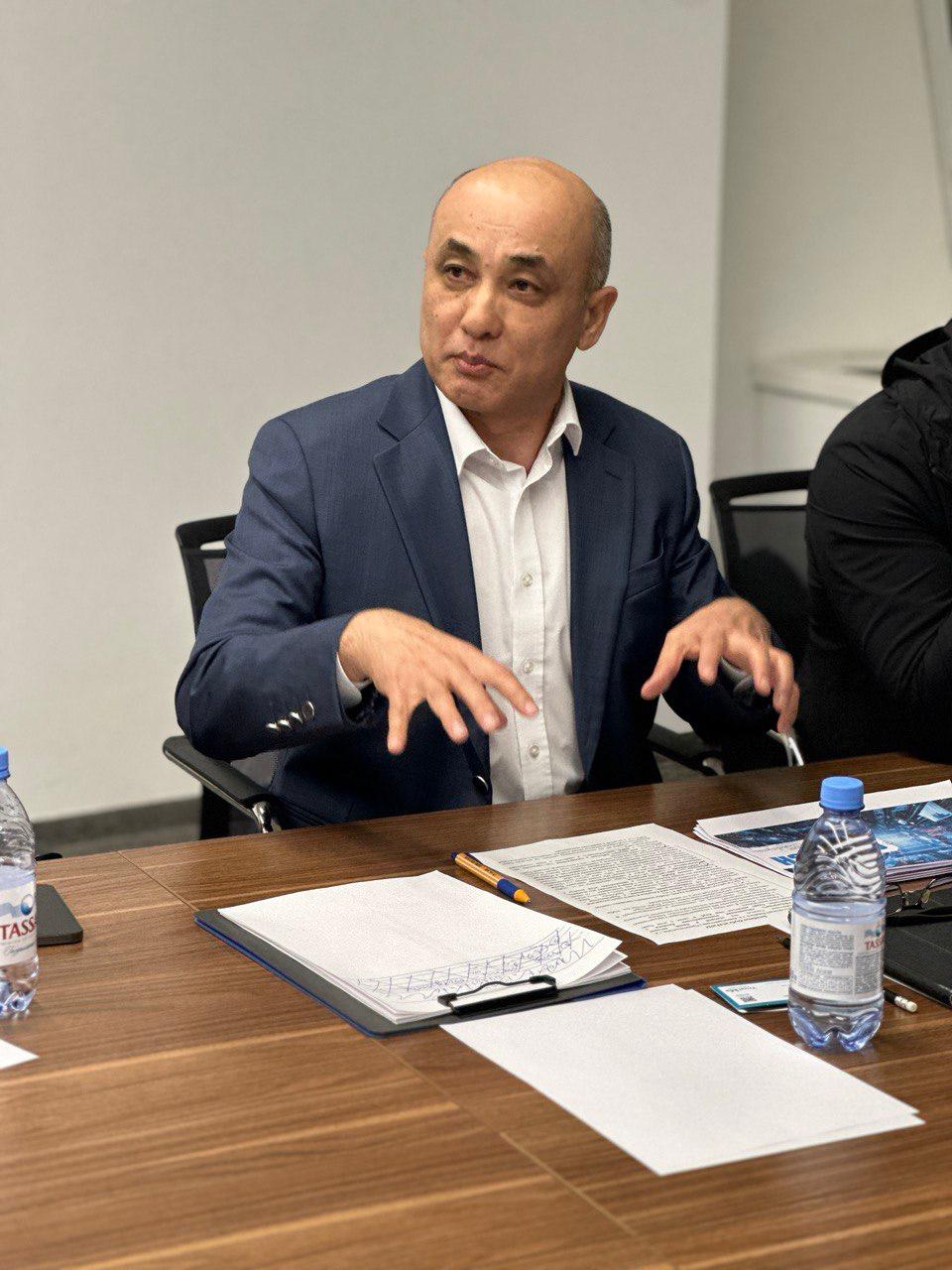
One of the key missions of QAZTECH is to raise public awareness about the development of Kazakhstan's technological sector, its challenges, and its significance for the country's economic growth. The association aims to draw the attention of professional communities, the general public, and government bodies to the development of the technological sector as a critical component of the economy, alongside industries like manufacturing, agriculture, and other sectors.

"One of the primary tasks of QAZTECH is to create conditions for the development of innovations and protect the interests of technology companies. This includes supporting entrepreneurs and actively participating in the development of legislative initiatives. In the era of digitalization, data security becomes a priority, and it is important for us not only to implement modern technologies but also to establish effective interaction between the state, business, and society," noted Evgeniy Pitolin, co-chair of the "QAZTECH" Alliance's Committee for Cybersecurity
First to speak was Nurlan Rakhmetov, Managing Director for Development and Government Relations. He spoke about the activities of QAZTECH, the Alliance of Technology Companies:

"Our main goal is to create an efficient technology market that will improve the structure of Kazakhstan's economy and ensure long-term growth. We strive to unite technology business, science, and universities, to make regulation smart and government policy effective, promoting the idea of an 'innovative society'," noted Rakhmetov.
According to him, QAZTECH is ready to become a dialogue platform, protecting and promoting the interests of parties, facilitating sales, and providing mentorship support.
Next to speak was Ekaterina Smyshlyaeva, a member of the Mazhilis of the Parliament of the Republic of Kazakhstan, who emphasized the importance of digital law:

"Since the beginning of digitalization in 2010, it has been necessary to create appropriate laws. We see that digital laws require changes due to the rapid development of technologies. This puts the legislative process in a position where it must adapt to new trends. I am actively involved in the discussion of digital initiatives and believe that the involvement of professional associations will improve the quality of the adopted regulations," stated Smyshlyaeva.
She also noted that the government is facing security challenges and is actively developing the Bugbounty approach — platforms that help improve the protection of information systems:
"It is important to create not only laws but also practical mechanisms. Digitalization covers all areas of life, and I strive to make legislation more flexible so that it can adapt to new challenges," added Ekaterina.
Polat Tokhtahunov, Deputy General Director of TSARKA Group, shared the results of their Bugbounty platform:
"It is important to create not only laws but also practical mechanisms. Digitalization covers all areas of life, and I strive to make legislation more flexible so that it can adapt to new challenges," added Ekaterina.
Polat Tokhtahunov, Deputy General Director of TSARKA Group, shared the results of their Bugbounty platform:

"In four years of operation, we have demonstrated that our platform is often cheaper than standard solutions and operates around the clock. We have registered over 2,000 white hackers. We have already collected over one and a half thousand reports for government and commercial organizations and continue to develop the initiative," reported Tokhtahunov.
He emphasized that Bugbounty is not just about finding vulnerabilities, but a powerful tool for timely identification of issues, which helps avoid financial and reputational losses.
"The number of attacks on information resources is constantly growing, and it is important to realize that Bugbounty is, first and foremost, an assistant in strengthening security. I hope that the perception will change, and we will be able to attract more resources to ensure the security of information systems," concluded Polat Tokhtahunov.
"The number of attacks on information resources is constantly growing, and it is important to realize that Bugbounty is, first and foremost, an assistant in strengthening security. I hope that the perception will change, and we will be able to attract more resources to ensure the security of information systems," concluded Polat Tokhtahunov.
Ekaterina Smyshlyaeva also highlighted the key aspects of working on Kazakhstan's Digital Code:
Unified Project: Creation of a single digital code based on the codification of all laws in the industry.
Approach to Creation: The code does not replace existing laws but regulates common processes.
Discussion and Collaboration: Active discussion with associations, experts, and scientific institutions.
Open Code Method: Introduction of the concept of open code to ensure public expertise.
Awaiting Government Conclusion: Commencement of work on the project after receiving the government's conclusion.
"I invite all interested parties to participate in the discussion and development of digital legislation to create a reliable legal framework for the future," concluded Smyshlyaeva.
At the end of the press breakfast, Dmitry Shaposhnikov, a member of the QAZTECH Committee on Cybersecurity and Data Protection Officer at Freedom Holding, noted:
Unified Project: Creation of a single digital code based on the codification of all laws in the industry.
Approach to Creation: The code does not replace existing laws but regulates common processes.
Discussion and Collaboration: Active discussion with associations, experts, and scientific institutions.
Open Code Method: Introduction of the concept of open code to ensure public expertise.
Awaiting Government Conclusion: Commencement of work on the project after receiving the government's conclusion.
"I invite all interested parties to participate in the discussion and development of digital legislation to create a reliable legal framework for the future," concluded Smyshlyaeva.
At the end of the press breakfast, Dmitry Shaposhnikov, a member of the QAZTECH Committee on Cybersecurity and Data Protection Officer at Freedom Holding, noted:

"In the era of information threats, it is important to protect large volumes of data. It is necessary to understand the laws and seek support in this direction. We have identified three key elements: processes, people, and technologies. Every process and technology should have a responsible person behind it. Classifying assets by criticality will allow for the effective application of protective measures. It is also important to monitor the quality of data, including that processed by artificial intelligence. The main goal is to create 100% registered data within the organization," concluded Shaposhnikov.
About the QAZTECH Association
The QAZTECH Association is an alliance of technology companies in Kazakhstan, aimed at the development of the technological sector and supporting innovation. QAZTECH actively works to attract the attention of society, business, and the government to the technology industry as an important element of the economy, alongside manufacturing and agriculture.
https://qaztech-cybersec.kz
The QAZTECH Association is an alliance of technology companies in Kazakhstan, aimed at the development of the technological sector and supporting innovation. QAZTECH actively works to attract the attention of society, business, and the government to the technology industry as an important element of the economy, alongside manufacturing and agriculture.
https://qaztech-cybersec.kz
